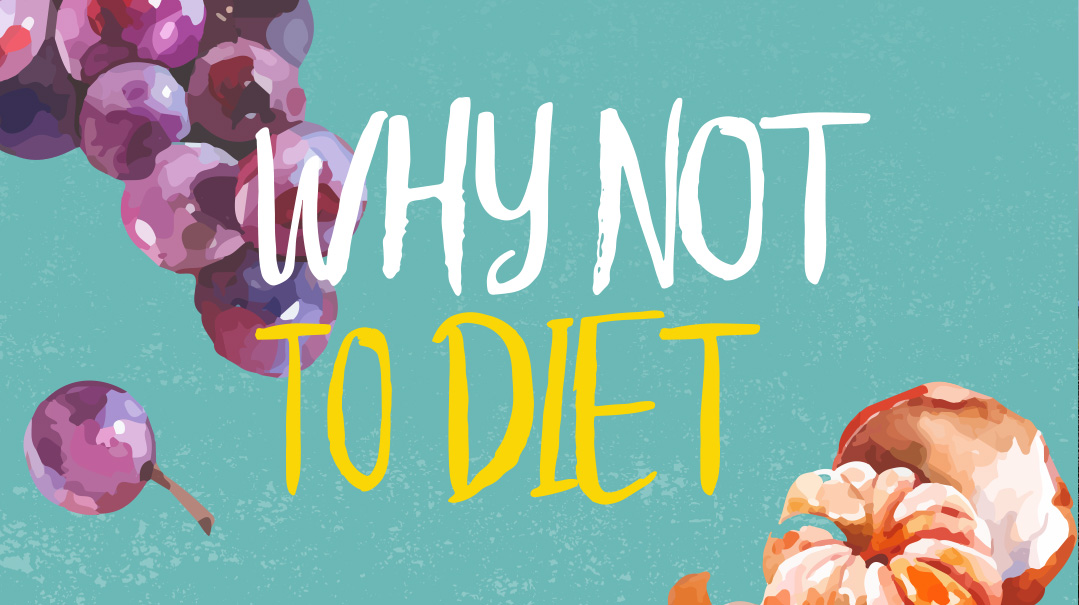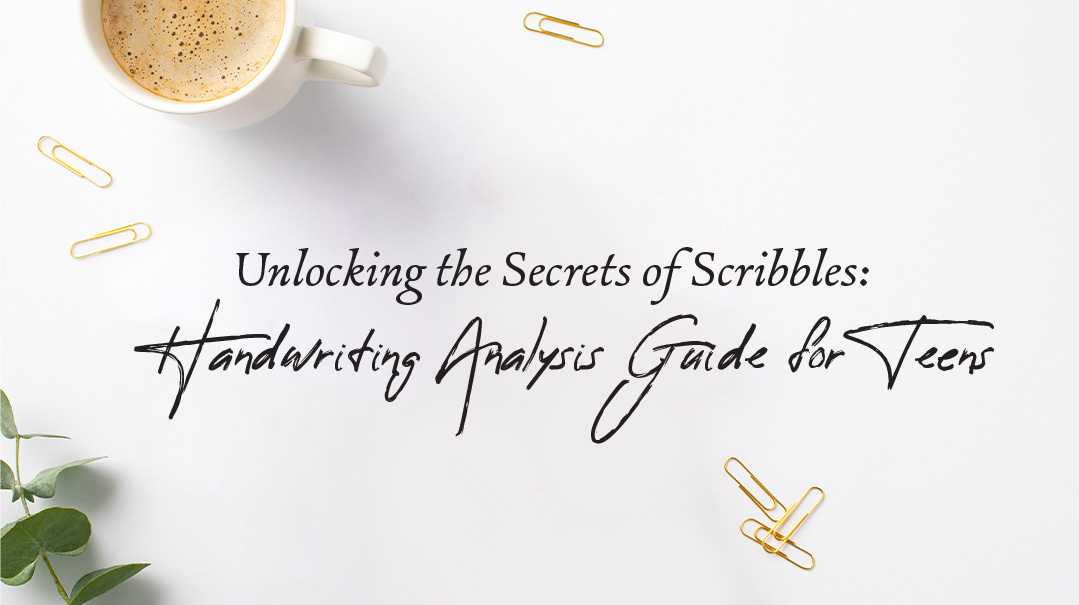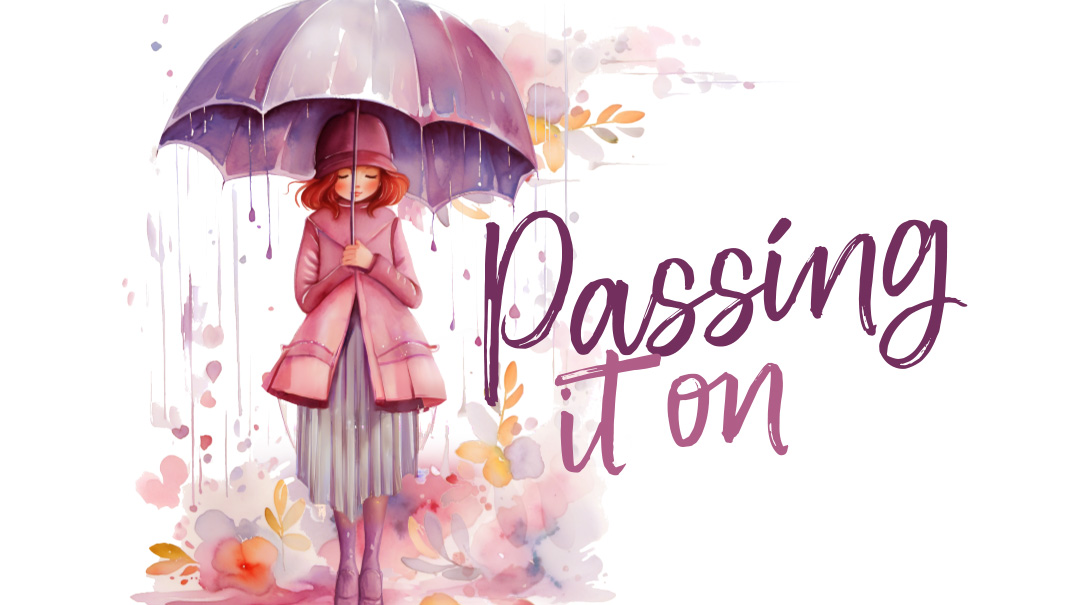Why Not Diet
| December 19, 2023Enter intuitive eating, a method to find a better balance!

There’s a ton of pressure in high school to diet. It’s trendy to restrict ourselves from eating instead of creating a healthy relationship with food. Enter intuitive eating, a method to find a better balance! We spoke to Gila Glassberg, a registered dietitian and certified intuitive eating counselor in Woodmere, NY, about the concept.
The concept of intuitive eating began as a book written about 30 years ago. Two dietitians, Evelyn Tribole and Elyse Resch, were noticing that their clients would lose weight and look and feel amazing… until suddenly, it all fell apart. They’d start eating much more, losing control of their eating habits, and feel horrible about themselves.
This kept repeating itself over and over. The clients would blame themselves after and were really angry and disappointed. Additionally, the dietitians couldn’t find any studies that showed that people on diets lose weight long-term (for five years or more). Out of this, they developed intuitive eating.
Intuitive eating is a set of principles designed to help someone have a healthy relationship with food without focusing on weight. They’re great life skills in general and can be applied in many different ways.
THE DIFFICULTY
Some people have a hard time focusing on food and not on losing weight. Some people lose weight, some don’t, but the purpose isn’t to lose weight.
I spend a lot of time challenging people’s beliefs. They think the only way that they can be healthy is if they’re skinny; that the only way to get skinny is to lose weight; and the only way to be pretty is to be skinny. It’s not true!
THE BENEFITS
People can actually enjoy their food! They’re able to eat, enjoy, and move on without binging. People learn to accept their body at any size. They also sometimes figure out that they’ve been binging or eating to block out bigger issues. Have they been using food to cope with their emotions instead of letting themselves work through those feelings? It can be a hard thing to face, but it can be life-changing. After working on themselves through intuitive eating, when they have a sudden urge to eat, they understand what’s motivating them and try to deal with the pain instead of eating it away.
Sometimes it’s okay to eat if you’re upset! But if it’s the only coping strategy you have, you won’t be able to work through what’s bothering you.
When you do decide to exercise or be more nutritious in your eating, you’re doing it because you want to take care of yourself, instead of feeling pressured or anger at how your body looks.
INTUITIVE EATING VS. DIETING
Weight isn’t a behavior. You can’t make your weight one way or another. What is a behavior? Moving your body more. Trying to get more sleep. Going to therapy. Increasing fruits and vegetables. All of these things contribute to our health.
Most people that I know who are on a diet have gained back the weight and more, and they’re always on a diet! It’s so time-consuming and useless and it makes you feel bad about yourself, only for your weight to pop up again. The first diet is easy and the pounds come right off, but over time, your body gets smart and prevents you from losing weight. Your metabolism slows down and suddenly, your actual weight increases when you diet.
WHERE TO START
First explore how you got to where you are in terms of food and body image. What’s your earliest memory of food? That’s where a lot of our relationship with food comes from.
Rejecting diet culture can be really hard because it’s so much of how we bond with each other. When some of my kids are exposed to people talking about their weight, I have to remind them that it’s all diet culture.
The next step is honoring your hunger and respecting your fullness. Most people don’t know when they’re hungry or full, especially if they’ve been dieting for a long time! We have internal hunger cues that tell us when we’re hungry or full, but when we ignore those cues while dieting, they get faint. The goal is to bring them back. Toddlers are very intuitive and listen to those cues — they can leave over half a cookie. We tend to finish what’s on our plates because we’re not listening to how our body feels.
Use the hunger-fullness scale from zero to ten. Zero is shaky hands, painful hunger, headache — think Yom Kippur! Ten is super full, maybe even nauseous, unbutton your skirt. Many dieters won’t eat until they’re down to zero and then overeat and feel terrible. It’s much better to eat when you’re comfortably hungry. I encourage clients to check in every 2-3 hours for a week or two to see how their body feels when it’s hungry and full.
What foods do you want to eat? If you’ve been dieting for a long time, it’s hard to know what you actually like. The happier you are with your food, the less you’ll tend to eat. When you pay attention to what you’re eating, you’ll eat slower and let yourself savor the food instead of guiltily shoving it down.
Once you’ve moved through the physical aspect, we can talk about the emotional part — not using food to feel better, respecting your body with eating well and moving in ways that you enjoy.
KNOW THIS
There’s no right way to intuitively eat and it’s something you need to constantly work on. It can take time, and sometimes you might gain weight. But once you learn how to accept those feelings and work through them, you’ll be okay without feeling the need to start dieting again.
We’re taught from a young age that if we care or try hard enough, we could be a size XS. Intuitively eating helps you accept that for most people that isn’t true. But what we can do is develop a healthier self-image and understand our own relationship with food, and from there, learn to care for and respect ourselves.
10 PRINCIPLES OF INTUITIVE EATING
Reject the Diet Mentality
Stop dieting and reject all the promises diet culture offers.
Honor Your Hunger
Eat when you’re hungry and don’t starve yourself.
Make Peace with Food
Don’t stop yourself from eating a certain food — it will just cause intense cravings and guilt for when you give in.
Challenge the Food Police
You aren’t good or bad for eating or not eating certain foods. Fight those voices in your head!
The Satisfaction Factor
When you eat without feeling guilty, you’ll be able to enjoy and be okay with just the right amount.
Feel Your Fullness
Listen to your body when it tells you that it isn’t hungry anymore! Pause mid-eating and see if you’re hungry.
Cope with Your Emotions
Eating because you’re feeling emotionally hungry won’t resolve your problems. Deal with your issues.
Respect Your Body
Not everyone is genetically built to be a size XS.
Exercise
Get active and focus on how you feel afterwards.
Honor Your Health
Make food choices that are tasty and also make you feel good! And there’s nothing wrong with snacking or eating an unhealthy meal from time to time.
(Originally featured in Cozey, Issue 991)
Oops! We could not locate your form.







